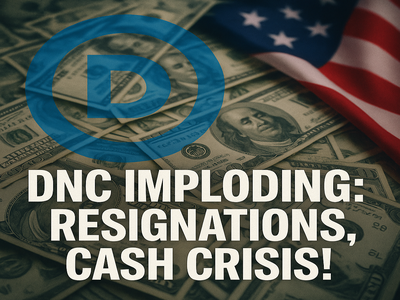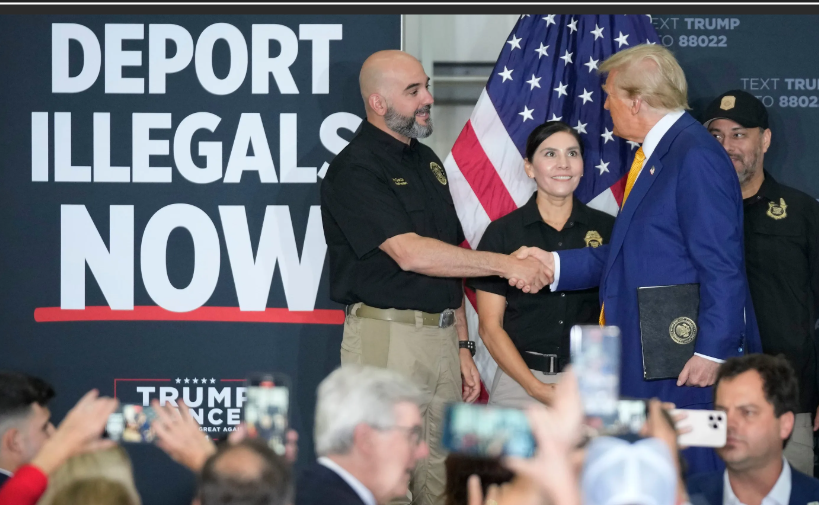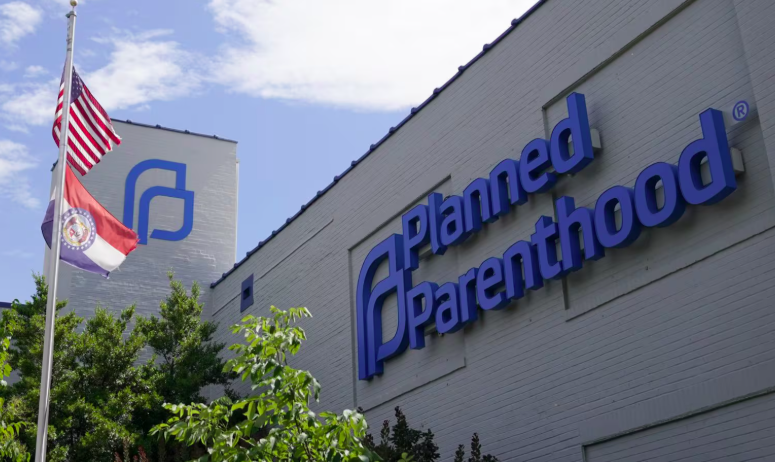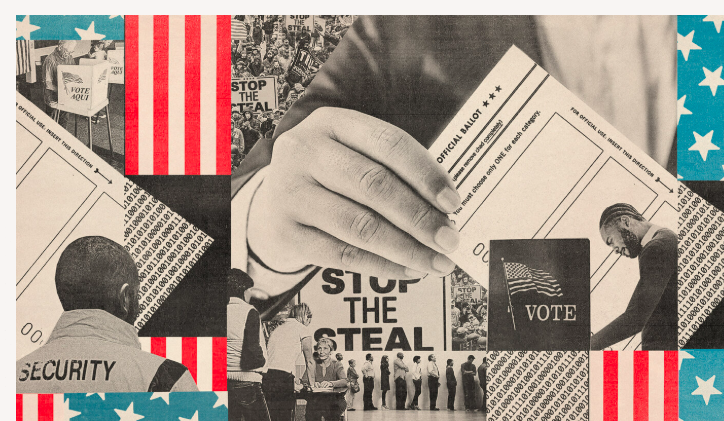The Democratic National Committee faces an unusual moment of upheaval as multiple senior officials resign, fundraising dries up, and party infighting gains public attention. With a forthcoming midterm election at stake, the DNC’s credibility and coherence appear to be in serious jeopardy.
Some of the most striking exits came this month. David Hogg, former vice chair and gun‑control activist, stepped aside on June 11, citing a “fundamental disagreement” over the DNC’s direction. His decision followed intense disagreement with Chair Ken Martin over whether PACs should fund primary challenges to incumbent Democrats.
Shortly after Hogg’s departure, two influential union leaders—Randi Weingarten of the American Federation of Teachers and Lee Saunders of AFSCME—declined at‑large seats on the DNC. Weingarten wrote to Martin that she was “out of step” with his leadership and reluctant to participate in “firing squad” internal squabbles.
These departures further suggest that organized labor, once a reliable Democratic pillar, is distancing itself from the party’s central organization.
Financially, the situation is no less dire. According to federal filings, the DNC’s war chest stood at just under $18 million as of late April—barely one‑fourth the Republican National Committee’s coffers. With midterm elections approaching, such a disparity could leave Democrats poorly positioned to compete in competitive districts.
A familiar pattern appears to be unfolding. Large individual donors have grown reticent amid leadership drama, expressing frustration with what one told The Post: “They want us to spend money, and for what? For no message, no organization, no forward thinking”.
In fiscal conservatism, Christian voters may see warnings in such remarks—indications that without clear priorities, even earnest intentions may fail.
Chair Ken Martin, elected in February, asserts his focus remains on results. His allies point to what they call “grassroots fundraising success,” citing more small‑dollar contributions early in his tenure than any previous chair.
Supporters highlight 32 Democratic wins in special elections so far this year as proof of strategy rather than dysfunction
Yet critics describe Martin’s leadership quite differently. Some senior DNC members characterize him as “weak and whiny,” arguing he has been “invisible” and unable to unify the coalition—or meaningfully challenge Republican messaging.
Former Obama chief of staff Rahm Emanuel reportedly observed that the party has been distracted by internal drama during what he termed a “target‑rich environment” to campaign against former President Trump.
Public squabbles only deepen the contrast. A leaked Zoom call captured Martin candidly admitting, “I don’t know if I wanna do this anymore,” after less than 100 days in office—a stark reflection of internal stress.
For observers inclined toward a conservative Christian worldview, prioritizing faith and community over bureaucratic power plays, such admissions may resonate as evidence of misplaced confidence.
The DNC’s internal rotation of leadership and competing PAC interests—including Hogg’s “Leaders We Deserve” campaign—have raised questions about whether the party is too inward‑looking.
Reform‑minded voices within the DNC have called attention to generational divides and ideological cleavages. Yet their appeal for dialogue contrasts sharply with open departures from union leaders who seek unity and broader appeal
Amid the turmoil, party insiders warn of real consequences. One DNC official told The Post that if Martin does not “mend fences,” he “ceases to be relevant”—a striking assessment of public confidence. Meanwhile, donors remain cautious, fearful that contributing now may be wasted on internal theater rather than voter mobilization.
From a Christian conservative vantage point, the DNC’s disarray underscores a wider cultural observation: institutions that abandon core principles in favor of ideological infighting risk losing both moral authority and operational effectiveness. The challenge ahead for Democrats isn’t merely policy or electoral messaging—it is demonstrating unity, purpose, and clarity amid discord.
Still, Martin’s camp continues to defend its approach. Spokespersons point to expanded outreach beyond D.C., investment in red‑state infrastructure, and recruiting state‑level candidates. They maintain that criticism is limited to a vocal minority, not the broader party base. Martin himself has emphasized that “winning elections” remains the criterion for his leadership .
However, unless such messaging translates into sustained momentum, the DNC’s comparative financial weakness could have tangible effects. Republicans have already out‑raised Democrats in key battlegrounds, and control of Congress in 2026 may depend on organizational strength now.
With resignations, financial strain, and fracturing leadership, the DNC finds itself at a crossroads. For conservative‑minded Christians, such developments may signal an opportunity to reflect on the importance of principals like stewardship, clear leadership, and accountability—values familiar from church leadership and local community life.
Election cycles test every major party’s resolve. The upcoming months will determine whether the DNC adopts a more unified, purpose‑driven strategy—or continues to unravel under the weight of internal dissent and donor distrust.






